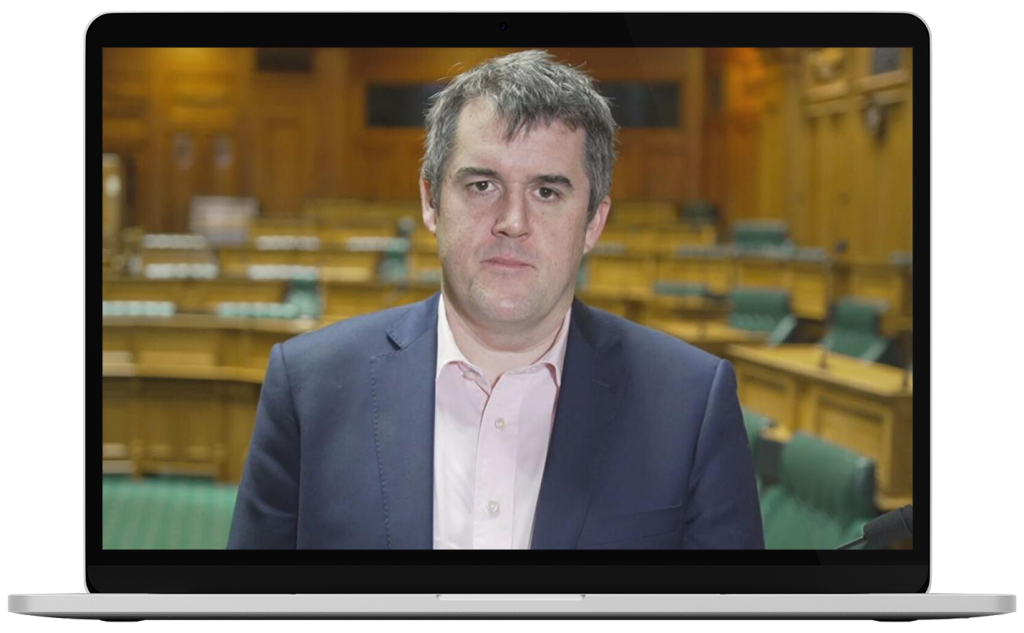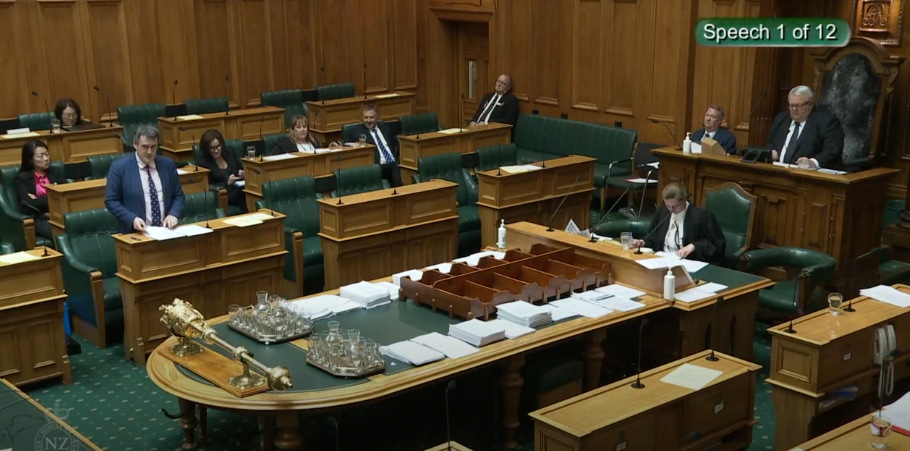
The RTA Amendment Bill 2024 has been introduced to parliament and last night passed its First Reading.
The Bill will reverse a few of the notable changes made to the RTA by the last government and introduce the much talked about Pet Bond.
VIEW THE RTA AMENDMENT BILL 2024 HERE
The National-led government says that the Bill, which is now taking feedback at Select Committee, will remove barriers to rental supply and incentivize property owners to rent their properties via the private rental market.
“The Government’s sensible pro-tenant changes to the Residential Tenancies Act, alongside the introduction of interest deductibility, will help increase the supply of rental properties by giving landlords the confidence to enter or re-enter the private rental market, and it will give people a better chance to secure a rental,” Housing Minister Chris Bishop said.
The Bill is set to reintroduce 90-day ‘no cause’ terminations for periodic tenancies without requiring a specific ground for ending the tenancy and amend Section 60A so that a fixed term can end without a reason being provided by a landlord.
Under the National-led government, the RTA Amendment Bill 2024 will introduce 90-day no-cause termination notices, allowing landlords to end tenancies without providing a reason if they intend to market the property. Alternatively, landlords will be able to issue a 42-day notice if the property is sold unconditionally and the purchaser wants vacant possession.
The much talked about Pet Bonds also feature on the Bill as new sections of the RTA.
The Bill amends the RTA so that a ‘pet bond’ may be required by landlords up to a maximum value of two weeks’ rent (in addition to the regular rental bond).
In order to keep a pet in a rental property, the Bill requires tenant obtain written consent from their landlord, who may only refuse on reasonable grounds.
The non-exhaustive list of reasonable grounds for refusing a tenant’s request to keep a pet in a rental property listed in the Bill are:
- The premises are not suitable for the pet or pets (for example, because of the size or fencing of the premises, or other unique features of the premises);
- A relevant bylaw or body corporate operational rule made under the Unit Titles Act 2010 prohibits the pet or pets from being kept on the premises;
- The tenant has not complied with relevant bylaws relating to the pet or pets;
- The pet or pets are not suitable for the property:
- due to size, type, breed, or propensity for causing damage to premises or disruption to other persons residing in the neighbourhood; or
- because it is, or they include, a dog that has been classified as dangerous or menacing under the Dog Control Act 1996; or
- because there is good reason to believe it has, or they have, previously attacked persons or other animals;
- The tenant has not agreed with a reasonable condition to which the landlord proposes to make the tenancy agreement or the consent subject.
The Bill makes tenants fully liable for careless and accidental pet-related damage that is beyond fair wear and tear.
The Bill, amongst other changes, includes pet consent and bond-related infringement offences, unlawful acts, and associated penalties to support compliance with the new rules.
Most of the changes are expected to be law by early next year with the Pet Bond change expected to come into law in late 2025.




